Imagine living in a time when doctors used leeches to cure diseases or drilled holes into skulls to treat headaches. Ancient medicine was full of strange and often painful treatments. While some of these methods did lay the groundwork for modern medical practices, many were downright terrifying. These 10 ancient medical procedures will definitely make you appreciate the advances in modern healthcare.
Trepanation
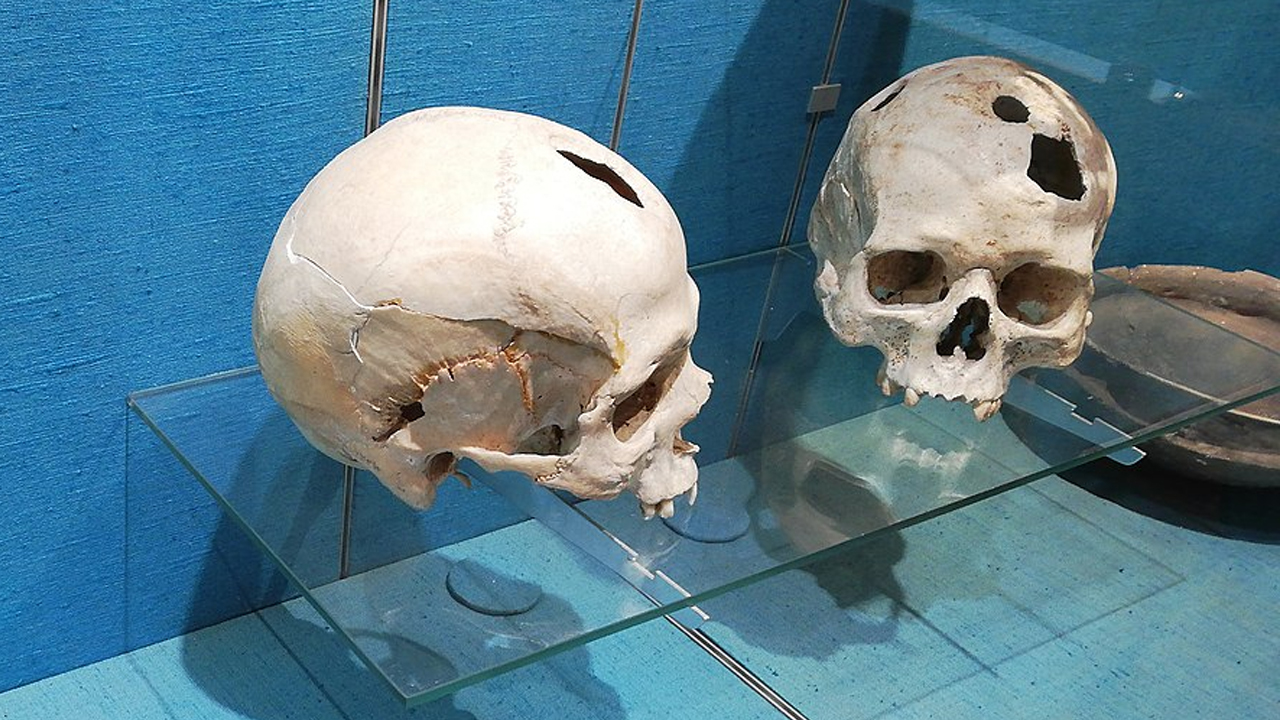
Trepanation involved drilling a hole into a person’s skull. This was done to treat head injuries, epilepsy, or mental illness. Without anesthesia, this procedure was extremely painful and risky. Modern brain surgeries are much safer and more effective.
Leeches
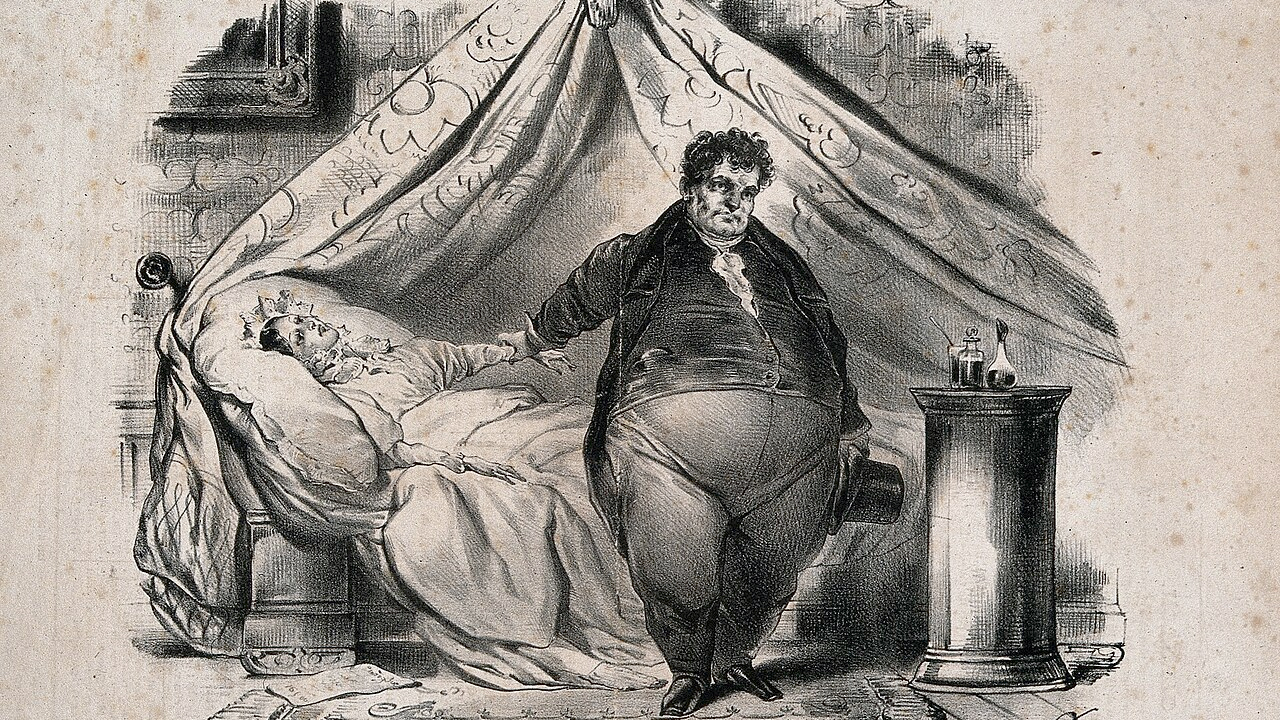
Leeches were used to suck out “bad blood” from a patient. Doctors thought this would cure various diseases. Patients often ended up with infections from the leeches. Nowadays, leeches are used in a very controlled way for specific medical purposes.
Amputation
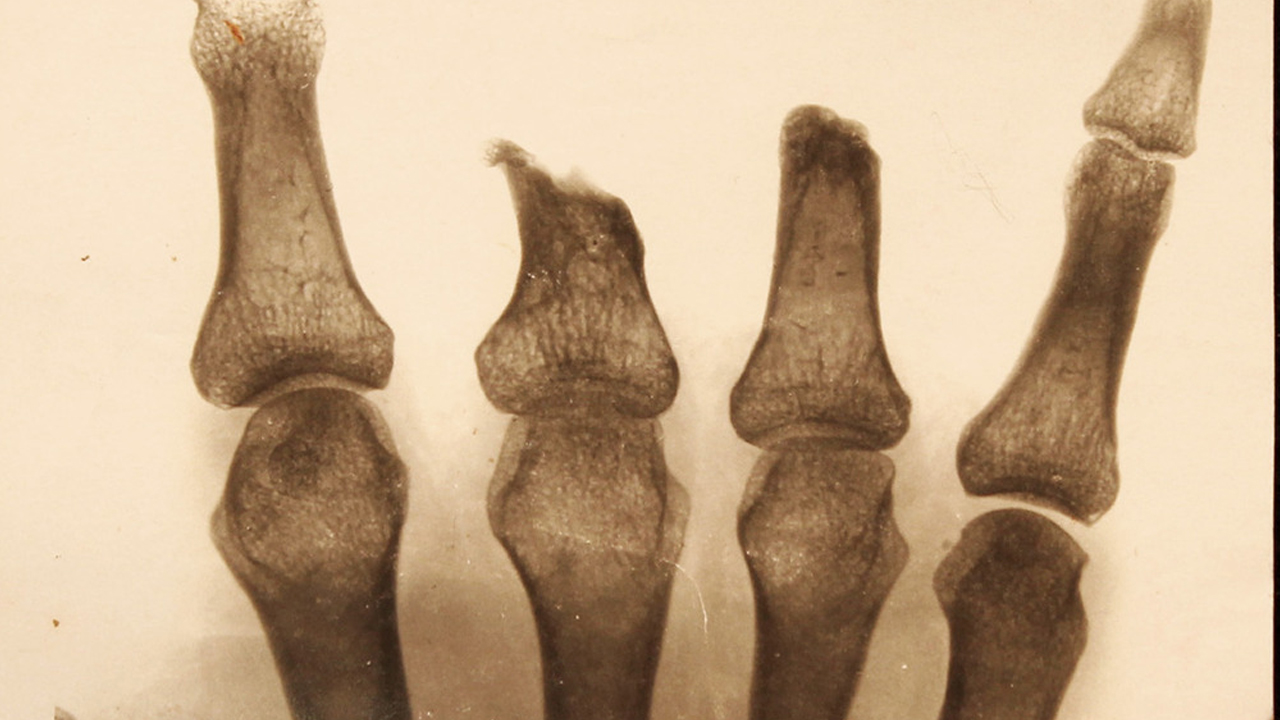
In ancient times, amputations were done without anesthesia. Patients had to endure the excruciating pain of having a limb cut off. Modern surgery uses anesthesia to make such procedures painless and antibiotics to prevent infections.
Moxibustion
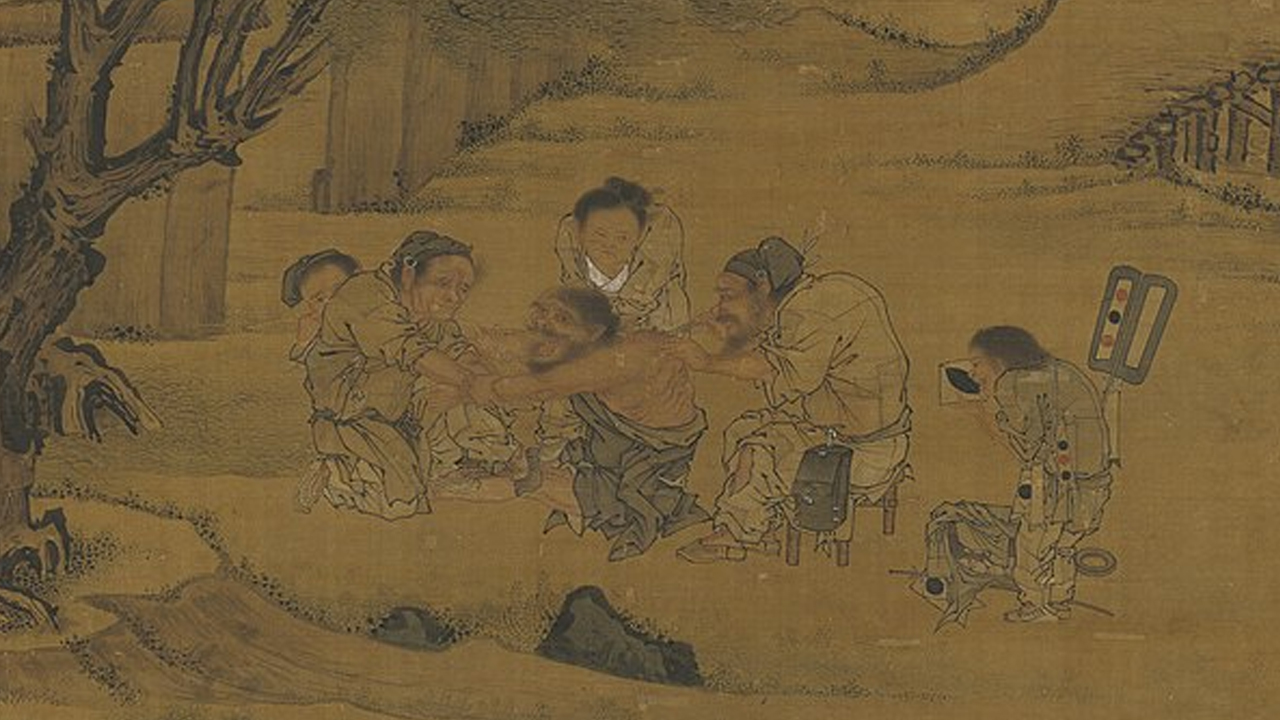
Moxibustion involved burning dried plant materials on or near the skin to treat diseases. This practice could cause burns and infections. Modern medicine uses safer and more effective methods like physical therapy and medications.
Mercury Treatments
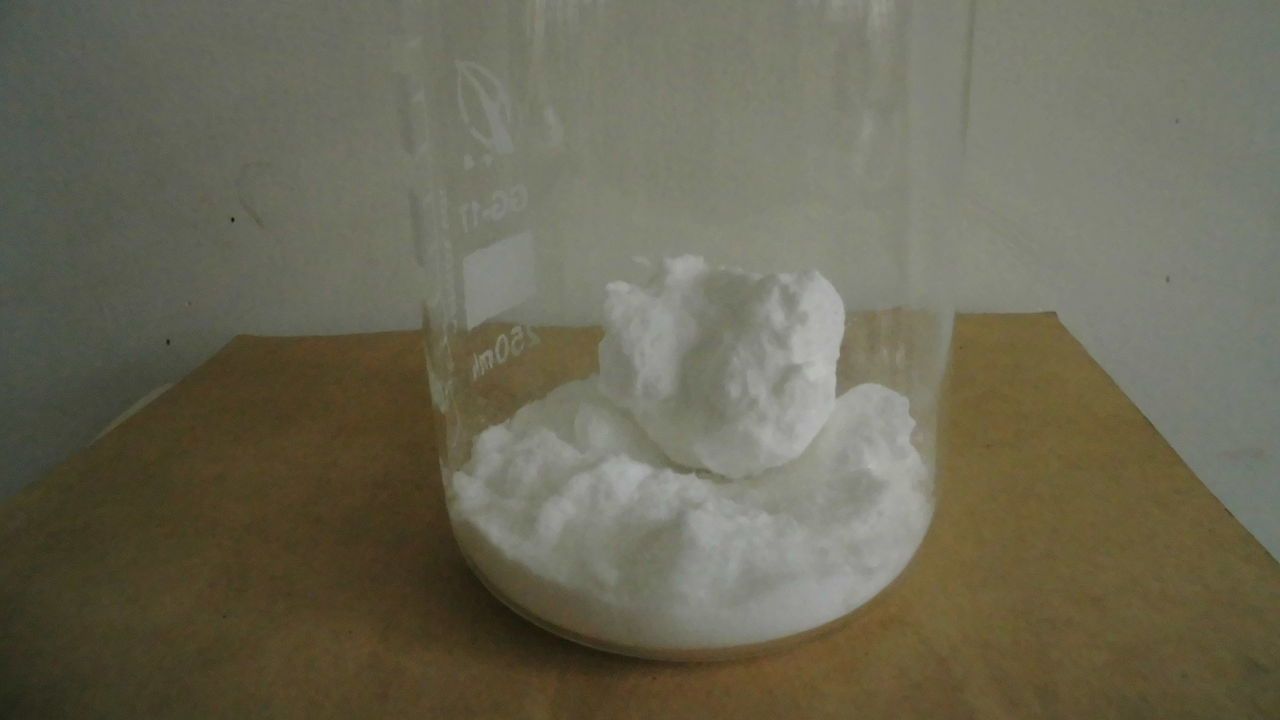
Mercury was once used to treat various illnesses, including syphilis. However, mercury is highly toxic and caused more harm than good. Modern medicine has developed safer and more effective treatments for infections.
Lobotomy
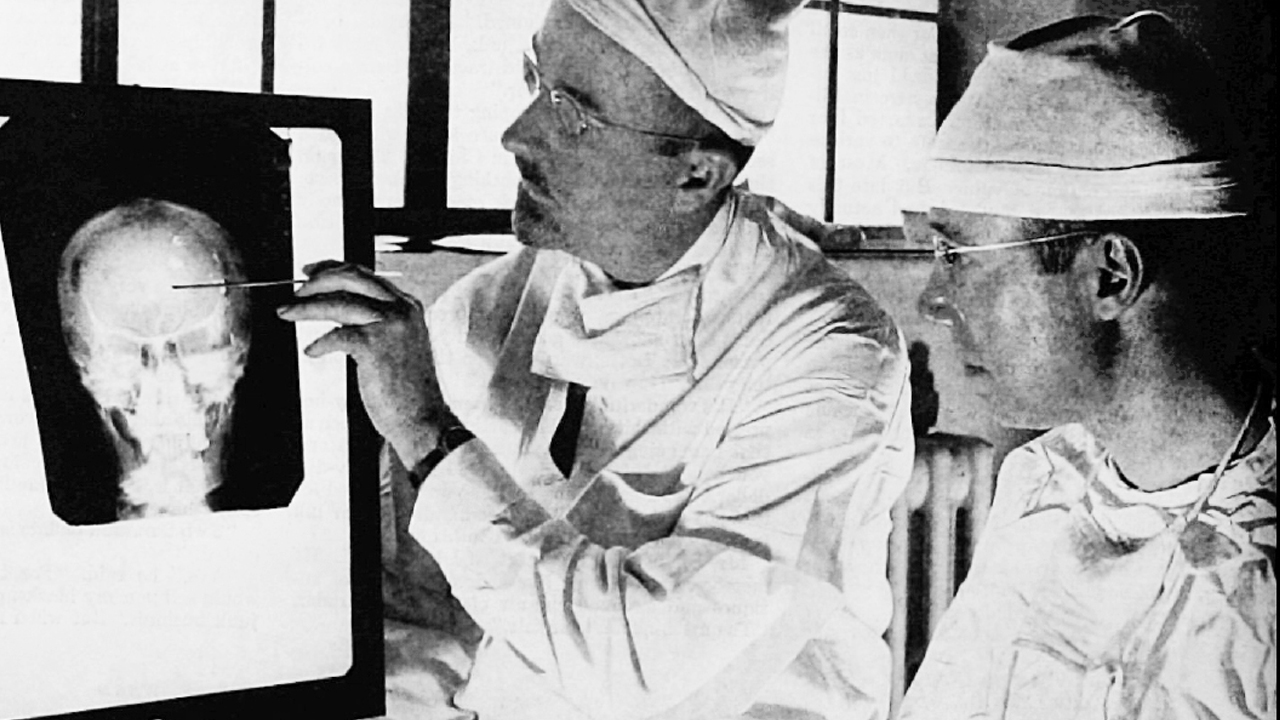
Lobotomies involved cutting into the brain to treat mental illnesses. This procedure often left patients with permanent damage and severe side effects. Modern psychiatry uses medications and therapy to treat mental health conditions more safely.
Cataract Surgery

Ancient cataract surgery involved pushing the cloudy lens of the eye into the back of the eye without anesthesia. This often resulted in blindness or severe pain. Modern cataract surgery uses precise tools and anesthesia to restore vision safely.
Hot Iron Branding

Hot iron branding was used to cauterize wounds and stop bleeding. This often caused severe burns and infections. Modern medicine uses sterile techniques and advanced tools to control bleeding and heal wounds.
Electrocution Therapy
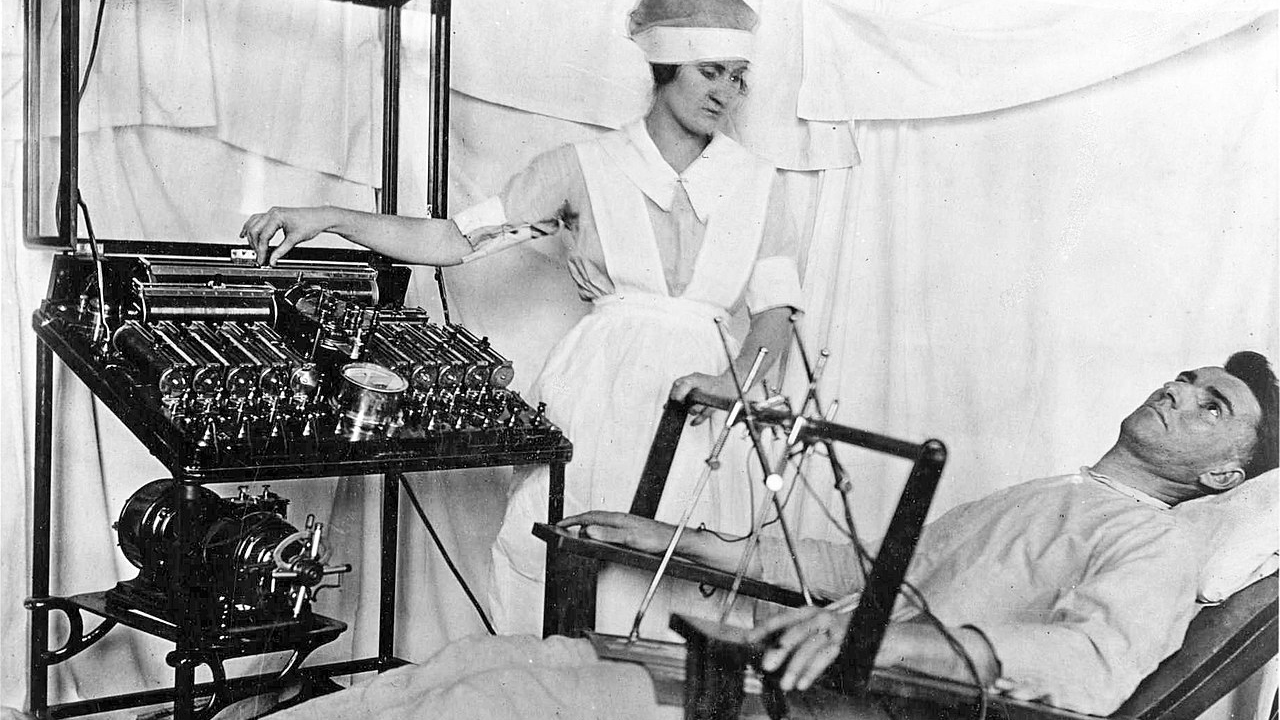
Electrocution therapy involved passing electric currents through a patient’s body to treat various ailments, including mental illness. This could cause severe burns, convulsions, and even death. Modern electroconvulsive therapy (ECT) is much safer and is used under strict medical supervision to treat severe depression.
Tooth Extraction

Tooth extractions in ancient times were done without anesthesia and often with crude tools. This procedure was extremely painful and could lead to infections. Modern dentistry uses anesthesia and advanced techniques to make tooth extraction safe and painless.
Ellen has been obsessed with logic puzzles, jigsaws, and cryptograms since she was a kid. After learning she was taught how to play chess wrong by a family friend (so they could win), she joined her school chess club and the rest is history.

